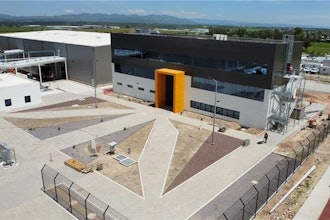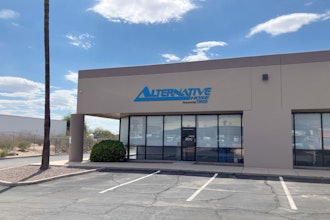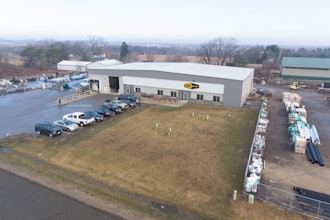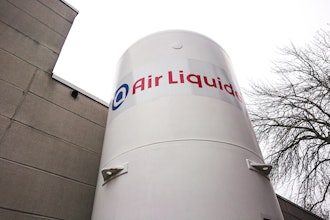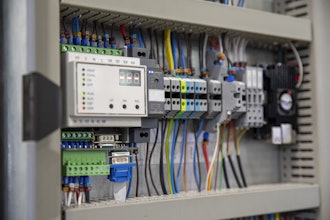WASHINGTON (AP) — President Barack Obama, seeking a gas-sipping fleet of the future, will order the government to begin working on fuel efficiency and greenhouse gas emissions standards for cars and trucks in the 2017 model year and beyond.
The White House will announce plans to extend a national fuel-efficiency program for cars and trucks developed in the past year while also asking federal agencies, for the first time, to create standards for heavy work trucks beginning with the 2014 model year.
An Obama administration official described the plans on condition of anonymity ahead of a White House announcement on Friday. As part of the plan, Obama also intends to push for the development of more electric-powered and other next-generation cars.
Auto executives, truck manufacturers and environmental leaders are expected to be on hand for the announcement.
Obama has pushed automakers to modernize the nation's fleet of vehicles, calling it vital to the nation's energy security, environmental needs and future of building cars running on electric power.
In April, the administration rolled out rules for 2012-2016 model year vehicles that aimed at reaching 35.5 miles per gallon by 2016, nearly 10 miles per gallon more than now.
Environmental groups have said the standards will help overcome years of lagging efforts to boost fuel efficiency. Automakers have embraced the decision because they want a single national standard after California and a dozen states tried to create their own rules.
California officials agreed last year not to adopt its own standards through 2016 but unless the federal government extends the national standards, California could impose tougher requirements beginning in 2017 and beyond.
"Before the ink was dry on the April regulations, automakers were urging the federal government to begin a process for setting future standards so we would not face a future patchwork of conflicting state laws," said Gloria Bergquist, a spokeswoman for the Alliance of Automobile Manufacturers, which represents General Motors, Ford, Toyota and other automakers.
Environmental groups, meanwhile, have long sought standards for medium- and heavy-duty work trucks. The Union of Concerned Scientists, an environmental advocacy group, said these large trucks represent only 4 percent of all vehicles on U.S. highways but consume more than 20 percent of on-road transportation fuels.
The group estimated that improving the average fuel economy of the trucks by 3.7 miles per gallon would reduce annual oil consumption by 11 billion gallons in 2030.
"Improving the gas mileage of these vehicles not only would provide opportunity for economic growth and job creation, but would strengthen our energy security and reduce global warming emissions as well," said Don Anair, a senior analyst with UCS.








